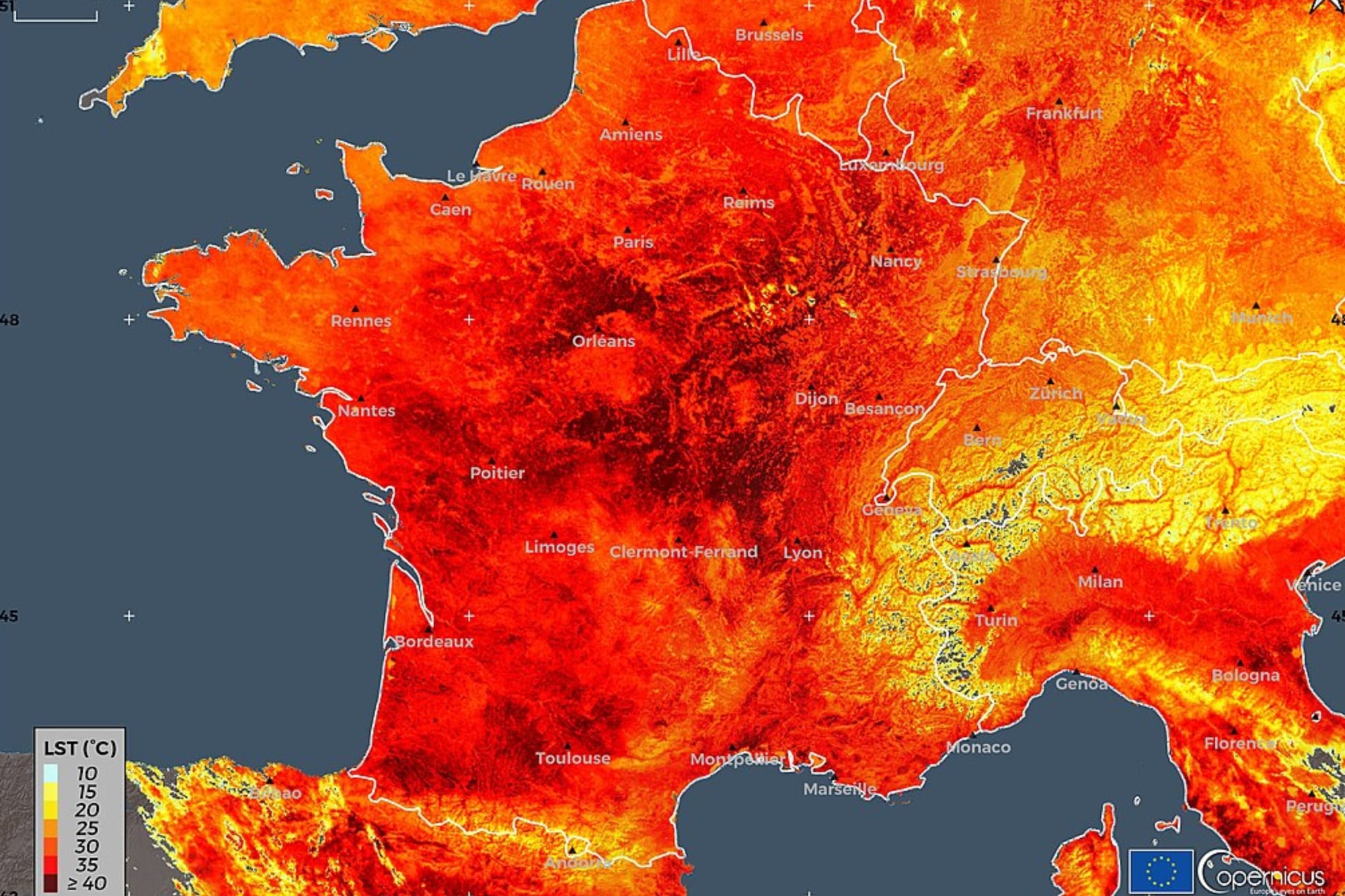‘Climate change is being counted not just in degrees but in lives lost’
The 2025 Lancet Countdown report warns that escalating climate inaction is driving a global health crisis

The world’s failure to rein in global warming is exacting a deadly toll on human health, with heat-related deaths up 23% since the 1990s and now claiming an estimated 546,000 lives each year, according to the 2025 Lancet Countdown on Health and Climate Change.
“This year’s health stocktake paints a bleak and undeniable picture of devastating health harms reaching all corners of the world – with record-breaking threats from heat, extreme weather events, and wildfire smoke killing millions,” said Dr Marina Romanello, Executive Director of the Lancet Countdown. “The destruction to lives and livelihoods will continue to escalate until we end our fossil fuel addiction and dramatically step up adaptation efforts.”
Published ahead of the COP30 climate summit, the report—now in its ninth year—brings together more than 300 researchers from over 100 institutions worldwide, led by University College London in partnership with the World Health Organization. Its conclusion is stark: global climate inaction is fuelling a worsening health crisis.
“The impact of climate change is being counted not just in degrees and carbon metric tonnes but in lives lost,” said Dr Githinji Gitahi of AMREF Health Africa. “Health is the human face of climate change.”
Europe feeling the heat
Europe’s 2025 summer was one of its deadliest on record, with 16,500 additional deaths linked to heat intensified by climate change, according to a study from the London School of Hygiene and Tropical Medicine (LSHTM) and Imperial College London.
Italy, Spain, Germany, France and the UK recorded the highest tolls, with Rome, Athens and Paris among the hardest-hit cities.
“Heatwaves are silent killers,” said Dr Garyfallos Konstantinoudis of Imperial College’s Grantham Institute. “Most heat deaths occur indoors, in homes and hospitals, among people whose existing health conditions are pushed to the limit—but heat is rarely listed on death certificates.”
Dr Pierre Masselot of LSHTM added: “We must adapt our cities and societies to a warming world. But adaptation alone will not be enough. The best way to save thousands of lives from heat is still to cut greenhouse gas emissions drastically.”
Fossil fuels surge, forests fall
Despite mounting evidence of the health toll, fossil fuel expansion continues apace. The world’s 40 largest private banks poured a five-year high of $611 billion into fossil fuel projects in 2024—up 29% from the year before and 15% more than their investment in green sectors, the report found.
At the same time, global deforestation surged, wiping out over 128 million hectares of forest in 2023, reducing the planet’s ability to absorb carbon and worsening air pollution.
“The stark reality is that one of the greatest threats to human prosperity comes from leaders and companies who are rolling back on climate commitments, delaying action, and doubling down on fossil fuel production,” said Professor Nadia Ameli, Co-Chair of the Lancet Countdown Working Group. “If we remain locked into fossil fuel dependence, health systems, cooling infrastructure, and disaster response capacities will soon be overwhelmed.”
Widening inequality
The report highlights deep global inequalities in climate resilience and clean energy access. While wealthy nations are accelerating their renewable energy transitions, low-income countries continue to lag behind.
Only 3.5% of electricity in poorer nations comes from clean sources, compared with 13.3% in richer ones. Nearly 88% of households in low-income regions still rely on polluting biomass fuels for cooking and heating—exposing families to harmful indoor air pollution and respiratory disease.
‘We already have the solutions’
Despite the grim statistics, researchers stress that progress remains possible. “We already have the solutions at hand to avoid a climate catastrophe,” said Dr Romanello. “From clean energy growth to city adaptation, action is underway and delivering real health benefits—but we must keep up the momentum.”
The report notes that phasing out fossil fuels, accelerating renewable energy, and shifting to healthier, climate-friendly diets could together save more than 10 million lives each year.
As world leaders prepare to meet in Belém, Brazil, for COP30, the report’s warning is unequivocal: climate action is health action.
The Lancet Countdown 2025 concludes that delaying climate action is no longer a political choice—it is a public health failure. Urgent, equitable, and health-centred climate policies, it argues, are the only path toward a safer, cleaner, and more resilient future.
The 2025 Lancet Countdown report warns that escalating climate inaction is driving a global health crisis.
